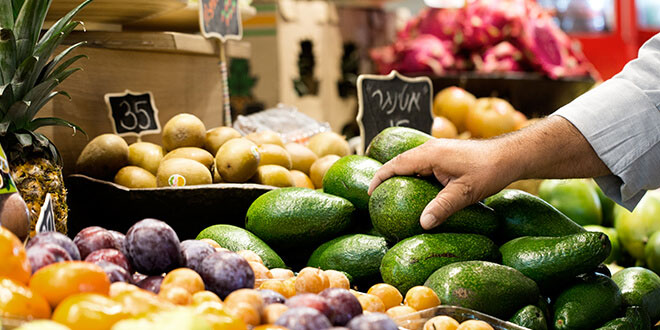Do I need to follow a special diet? Is there something I can't eat?
In general, the food that was good and healthy for you before your surgery is still good for you. A well-balanced diet is recommended for most individuals.

Eating small portions is a good idea
Right after surgery your ostomy nurse probably gave you some instructions on portion size and to avoid eating large meals initially. You may feel better if you try to eat smaller portions.
Try to eat regularly
It is really important that you try to listen to your body and make sure you have regular meals, as this will help you have a more predictable bowel movement.
You will probably find that certain foods produce more gas than others, and although it is not harmful, you may want to cut down on those foods. The same applies to chewing gum. But remember: it will only take a little experimentation to find a balanced diet that feels right for you. If your doctor recommended a special diet, you should follow that advice.

Alcohol and caffeinated drinks
Alcohol is fine in moderation, although carbonated drinks in general can produce gas – and especially beer and lager can cause your output to become more liquid. Similarly, tea and coffee are fine in moderation.
Remember to chew your food thoroughly
Chewing food fully is very important to get a proper start to the digestive process, especially if you eat foods that are hard to digest (such as nuts).
Sometimes you might get constipated. To help prevent constipation, eat a diet high in fiber, fruits, vegetables and grains. You may want to consider a laxative or stool softner if the constipation does not go away, however, be sure to consult your doctor or ostomy nurse.
Troubled by diarrhea?
Like everyone else, you may occasionally have diarrhea. But in general, a brief episode of diarrhea is nothing to worry about – it could be related to something you ate and will often resolve itself. When you have diarrhea, your body loses water, sodium and potassium. You need to be sure that you drink plenty of water and sports drinks which can help to replace sodium and potassium. If your diarrhea persists, you should contact your doctor.
However, three or more consecutive loose stools are indeed a cause for concern, as you risk becoming dehydrated, and you should consult your ostomy care nurse or doctor.
This website includes general guidelines. Always follow the instructions provided by your healthcare provider.



